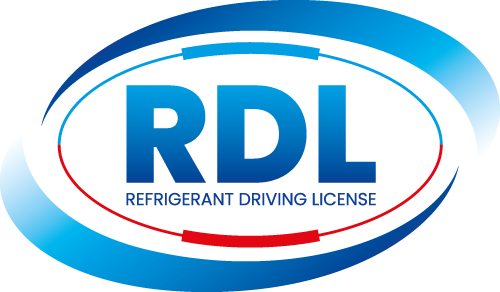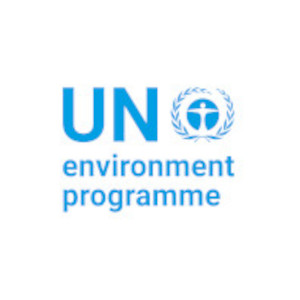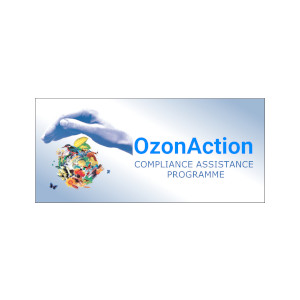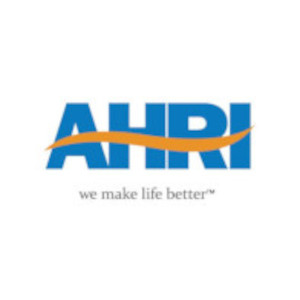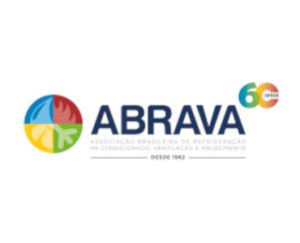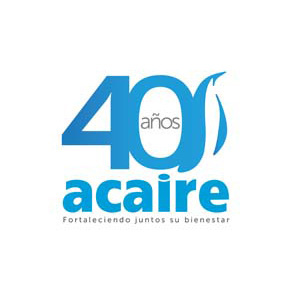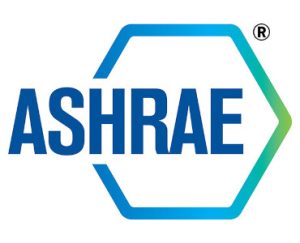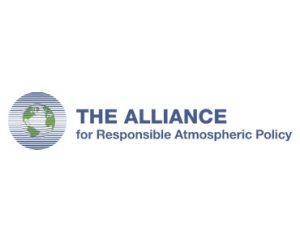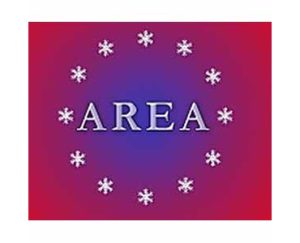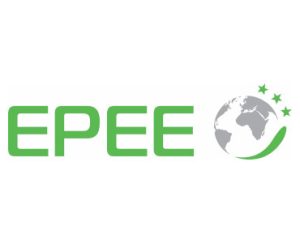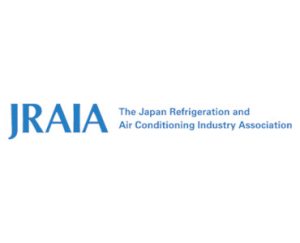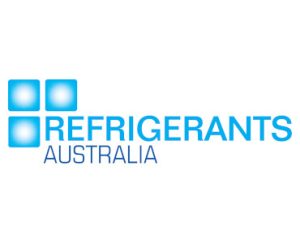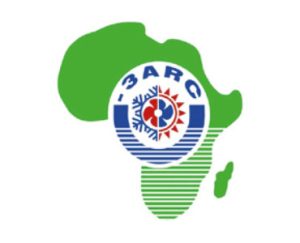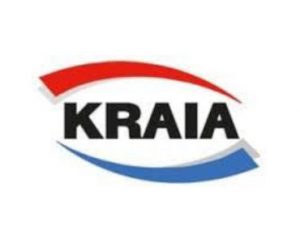About the RDL
RDL was developed by the Air-Conditioning, Heating, and Refrigeration Institute (AHRI) and UNEP OzonAction Programme, with support from the Multilateral Fund for the implementation of the Montreal Protocol, and in consultation with an international team of HVACR experts to certify the competency of technicians to safely handle these alternative refrigerants. RDL covers small applications.
RDL Advisory Committee members
RDL Program Structure and Benefits
Professional qualifications like the RDL signal proficiency in fast-changing fields like air conditioning and refrigeration. The RDL enables governments to measure if refrigeration and air-conditioning technicians working in their countries have the training and experience necessary to safely handle the next-generation refrigerants. It will not overrule any existing governmental technician qualification schemes, but it can offer a structured framework for countries that currently do not have a similar program.
With the RDL, develop an HVACR workforce which:
Reduces safety incidents, which protects technicians, end users, and the public.
Prevents unintentional refrigerant releases that deplete the Ozone Layer and contribute to the climate change.
Reduces costs due to improved energy efficiency.
Provides better equipment performance.
Ensures governments and NOUs that technicians have competencies to support completion of the HCFC phase-out and start a safe HFC phase-down.
